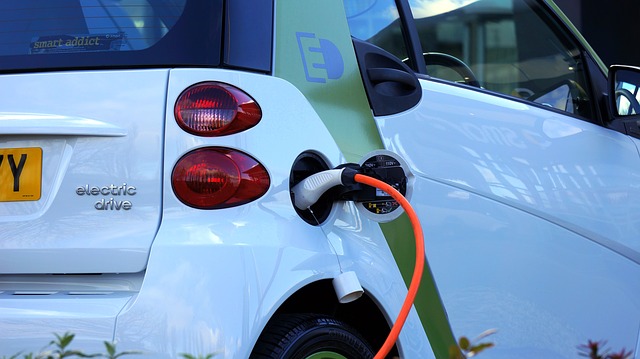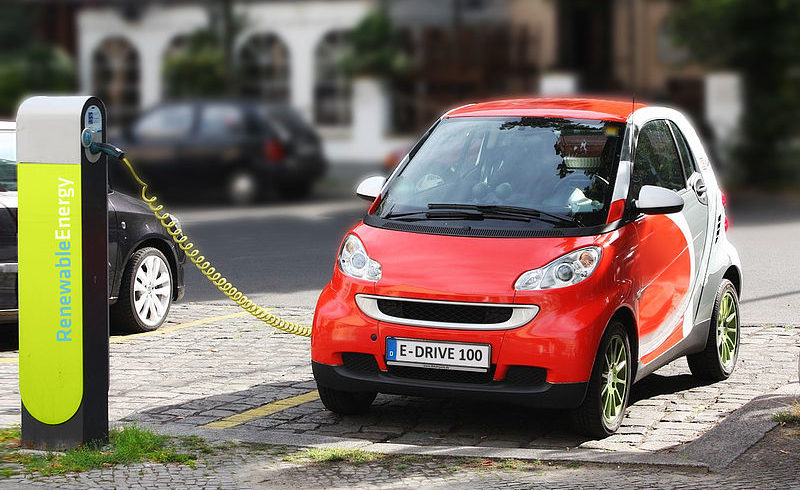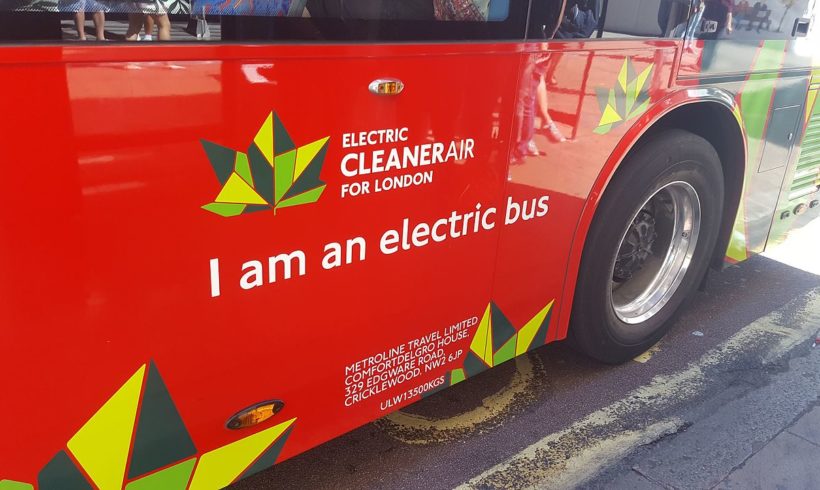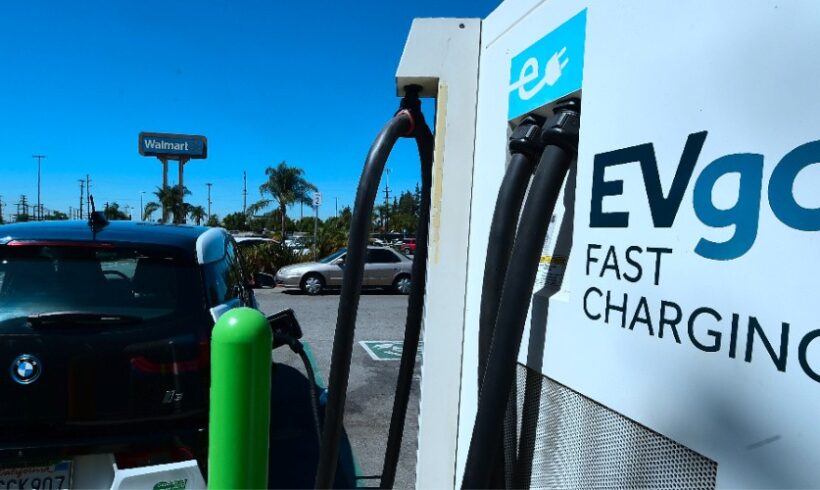By Jake Johnson “Every year America stalls… we miss the ever-narrowing window to address the climate crisis and ensure a livable planet.” A...
Archive for tag: Electric Vehicles

Audi, racing ahead on its environmental goals
Matthew Capuano-Rizzo Following a 2016 emissions scandal, the luxury subsidiary of the German automotive group Volkswagen has increased its commitment to sustainability. Audi, the luxury...

The Road to Mass Market EVs in the USA
Over the last few years, the conversation has changed to not “if” but “when” the vehicle electrification revolution will occur. Many of the major automakers have recently announced strategies to focus on plug-in electric vehicles (EVs). Ford, realizing “an inflection point in the major markets toward battery electric vehicles”, created “Team Edison” dedicated on developing all-electric cars and plans to introduce 13 new battery electric vehicles by 2023. GM announced its commitment to an all-electric future and will offer at least 20 all-electric vehicle models by 2023. Volvo will have an electric motor in every car it sells beginning in 2019. Mercedes-Benz plans to offer each model in an electric version by 2022.

Car Dealerships as a Barrier to Electric Vehicle Uptake
A recent study conducted by Aarhus University in Denmark and the University of Sussex in the United Kingdom and published in Nature Energy has found that car dealerships are a key impediment to the uptake of electric vehicles (EVs) compared to diesel- and gasoline-fueled vehicles in Northern Europe. The study, which focusses on Nordic countries, found that this outcome stems from sales personnel failing to mention EVs and providing customers with misinformation about electric vehicle specifications, with a "bias towards selling traditional, internal combustion engine vehicles (ICEVs) instead." Importantly, the study found that of the 126 car dealerships examined and that sell EVs, over three quarters neglected to mention electric vehicles.

How 3 Cities Are Navigating the Transition to Electric Buses
As today’s urban areas house more than half the world’s population and produce more than 80 percent of global economic activity, cities are uniquely positioned to deliver sustainable solutions. However, poor local air quality and issues related to global climate change are negatively impacting the lives of millions. Promising solutions exist – cities are increasingly turning to low- and zero-emission buses to decrease environmental impacts while creating economic, environmental and health benefits, for example. Transitioning bus fleets to clean technologies can also improve quality of service and reduce costs in the long run. So why aren’t all cities closing the curtain on diesel-fueled fleets and transitioning to electric?
To better understand this question and evaluate the barriers that cities face when taking on electric buses, the Financing Sustainable Cities Initiative interviewed three experts in three different cities going through the process, each with the objective of improving quality of life for residents and their urban environment.

Leaders in Energy GW Energy and Sustainability Extravaganza had Large Turnout
Over 120 university, government, nonprofit and business leaders, energy and sustainability professionals, and students attended the Leaders in Energy GW Energy and Sustainability Extravaganza on February 20, 2015 at The George Washington University (GW) School of Engineering and Applied Science.


